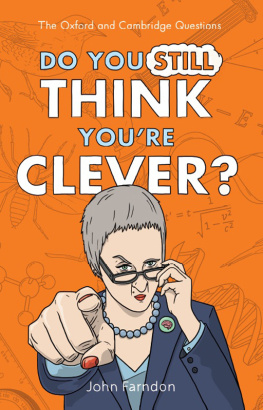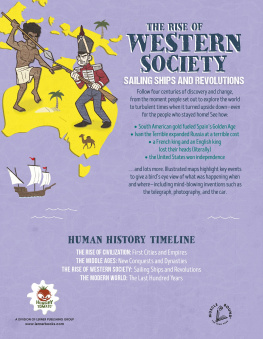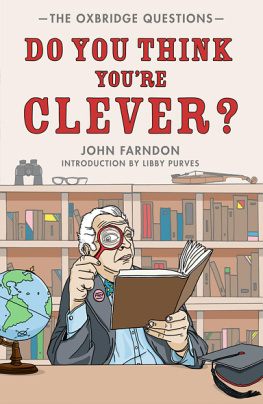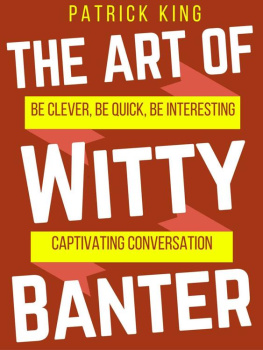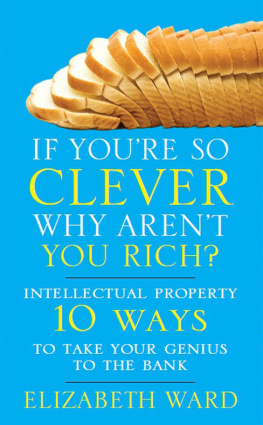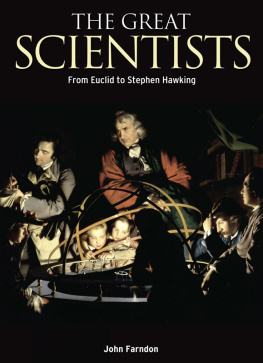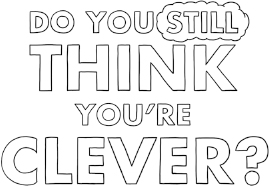
The Oxford and Cambridge Questions

John Farndon

Published in the UK and USA in 2014 by
Icon Books Ltd, Omnibus Business Centre,
3941 North Road, London N7 9DP
email:
www.iconbooks.com
Sold in the UK, Europe and Asia
by Faber & Faber Ltd, Bloomsbury House,
7477 Great Russell Street,
London WC1B 3DA or their agents
Distributed in the UK, Europe and Asia
by TBS Ltd, TBS Distribution Centre, Colchester Road,
Frating Green, Colchester CO7 7DW
Distributed in Australia and New Zealand
by Allen & Unwin Pty Ltd,
PO Box 8500, 83 Alexander Street,
Crows Nest, NSW 2065
Distributed in South Africa by Jonathan Ball,
Office B4, The District, 41 Sir Lowry Road,
Woodstock 7925
Distributed in Canada by Publishers Group Canada,
76 Stafford Street, Unit 300
Toronto, Ontario M6J 2S1
Distributed to the trade in the USA
by Consortium Book Sales and Distribution
The Keg House, 34 Thirteenth Avenue NE, Suite 101,
Minneapolis, MN 55413-1007
ISBN: 978-184831-629-4
Text copyright 2014 John Farndon
The author has asserted his moral rights.
No part of this book may be reproduced in any form, or by any means, without prior permission in writing from the publisher.
Typeset in Plantin Light by Marie Doherty
Printed and bound in the UK by
Clays Ltd, St Ives plc
Introduction
Do You Still Think Youre Clever?
A couple of years ago, I wrote a book entitled Do You Think Youre Clever?. The question in the title is one of the legendarily difficult questions candidates for Cambridge and Oxford Universities sometimes get asked at their interviews. That first book was a selection of possible responses to this and an assortment of other equally tricksy questions that have actually been asked at interviews, such as Is nature natural?, What happens when you drop an ant? and Does a girl scout have a political agenda?.
Some people think these Oxbridge questions are just weird and pretentious. Or that theyre designed as traps to frighten off any young students foolhardy enough to apply to those privileged pinnacles of learning like some cabbalistic riddles or a trial of fire for budding Harry Potters. Of course, there probably are some dastardly tutors who do use them in this way and I must admit that this how I saw them at first. But the brilliant thing about them is: they make you THINK. Aggravating and provocative as they are, they set your mind racing. Thats what to my mind makes them fascinating for everyone, not just those applying to Oxbridge.
The thing is, most of us love thinking. We love having our intellectual curiosity piqued, and its the element of surprise in these questions that sparks the mind. The publishers of Do You Think Youre Clever? and I were quite astonished by how well it was received, and how well it sold right across the world, from Korea to Canada. But I realised that the key to its success was that delight in thinking we all have. Thats why I decided to have a go at another set of questions.
Im sure a lot of people disagreed with my answers in the first book. Im sure some thought they were rubbish. In fact, I know myself that I was guilty of a foolish error in a question about a man falling down a hole in the world, much to my embarrassment! But thats the point. Neither Do You Think Youre Clever? nor this new book are meant to be about answers; theyre about asking questions, and getting people thinking and even flaws can do that (thats my excuse, anyway!).
Ive called this new book Do You STILL Think Youre Clever?. Its a variation on the awkward question in the title of the first book, of course, but it is in some ways even more awkward to answer. Its whats called a loaded question in that it is based on an unjustified presumption that makes it hard to respond to directly without falling into a trap. Students of logic would call it a complex fallacy question; Id just call it plain mean. The first (possibly) unjustified presumption is that you at least once thought you were clever. From that flows the implication that if you answer yes youre a fool if you havent realised by now in face of all the glaring evidence to the contrary that youre not so clever as you thought; and if you answer no youve seen how utterly mistaken you were in ever thinking you were clever. Either way you lose.
An apocryphal example of such a loaded question is to a witness in court who is asked, Have you stopped beating your wife? The witness is incriminated whether he answers yes or no. In a law court, such questions might be described as entrapment, and the judge will usually steer interrogators away from them, but its a technique journalists famously try. And, of course, we face such loaded questions every day, as when a girl asks her boyfriend, Do I look slimmer in this dress? or a dad asks his truculent teenager, When are you going to grow up? Fortunately, the consequences of failing to negotiate the traps set by some of the questions in this book arent quite so perilous.
The responses Ive suggested to these questions are by no means intended as definitive or even model answers. Far from it. Im sure some interviewers would shake their heads in disappointment and turn me down flat. My intention is different. What I have tried to do is carry on where the question leads off and provide you the reader with food for thought. Quite often, for instance, this means giving background information rather than responding to the question. Or it might mean going off on a flight of fancy. But what Ive tried to do, throughout, is avoid technical jargon, or assume academic knowledge beyond that which most intelligent readers will normally have. My feeling was that interest in these questions shouldnt be restricted to subject specialists. After all, questions about the purpose of laws, or how to deal with world poverty, or what makes poetry matter, or just what makes matter can be fascinating for us all.
Responding to these tricky questions is about being clever. But thats something that all of us can be. Its not about knowledge. Its not even about education. Its about bending and twisting your thoughts in all kinds of intriguing ways. And thats something everyone can do. Its certainly not the exclusive territory of those lucky enough to gain or even try for a place at Oxbridge. Theres no bigger obstacle to genuine cleverness than smugness.
And just in case you dont believe me, when I say everyone can do it, let me introduce the ultimate birdbrain.
A couple of years ago, a group of Cambridge scientists put some rooks to a test, to see if there was any truth in the famous fable by Aesop about the raven and the water pitcher. They put a nice, juicy worm floating on water in a long narrow tube, too narrow for the rooks to reach in and grab. So how would you get that worm if you were a rook?
The rooks were ingenious. They found stones and dropped them into the water one by one to gradually raise the water level until they could reach the worm. Damned clever, eh? Think about it. It means they not only had to know that putting stones in the water would raise the water level, but actually think of doing so and put it properly into practice. Almost creepy!
And if rooks can be so clever with their tiny brains, do you think all of us with our big brains could too? You bet we could.
Next page
